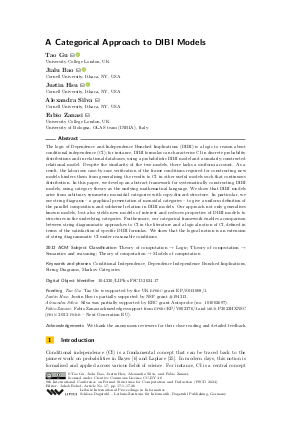LIPIcs.FSCD.2024.17.pdf
- Filesize: 0.96 MB
- 20 pages

 Creative Commons Attribution 4.0 International license
Creative Commons Attribution 4.0 International license











Feedback for Dagstuhl Publishing